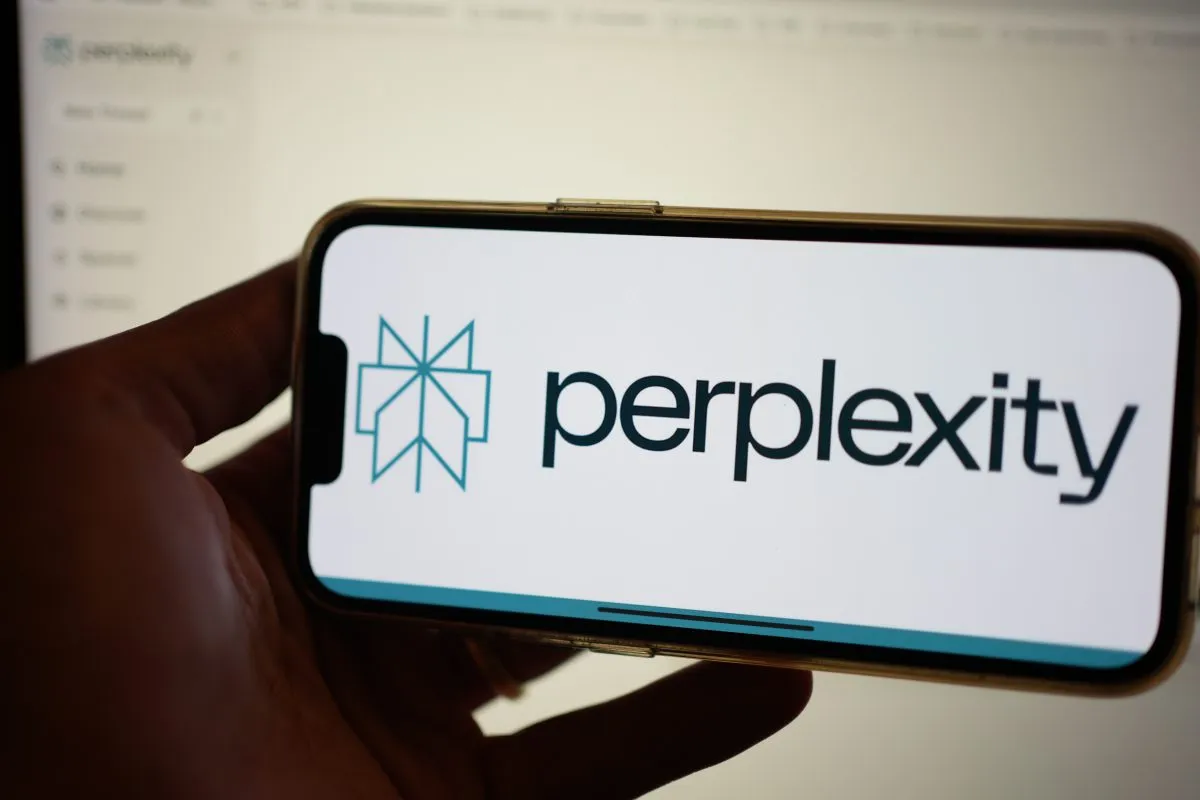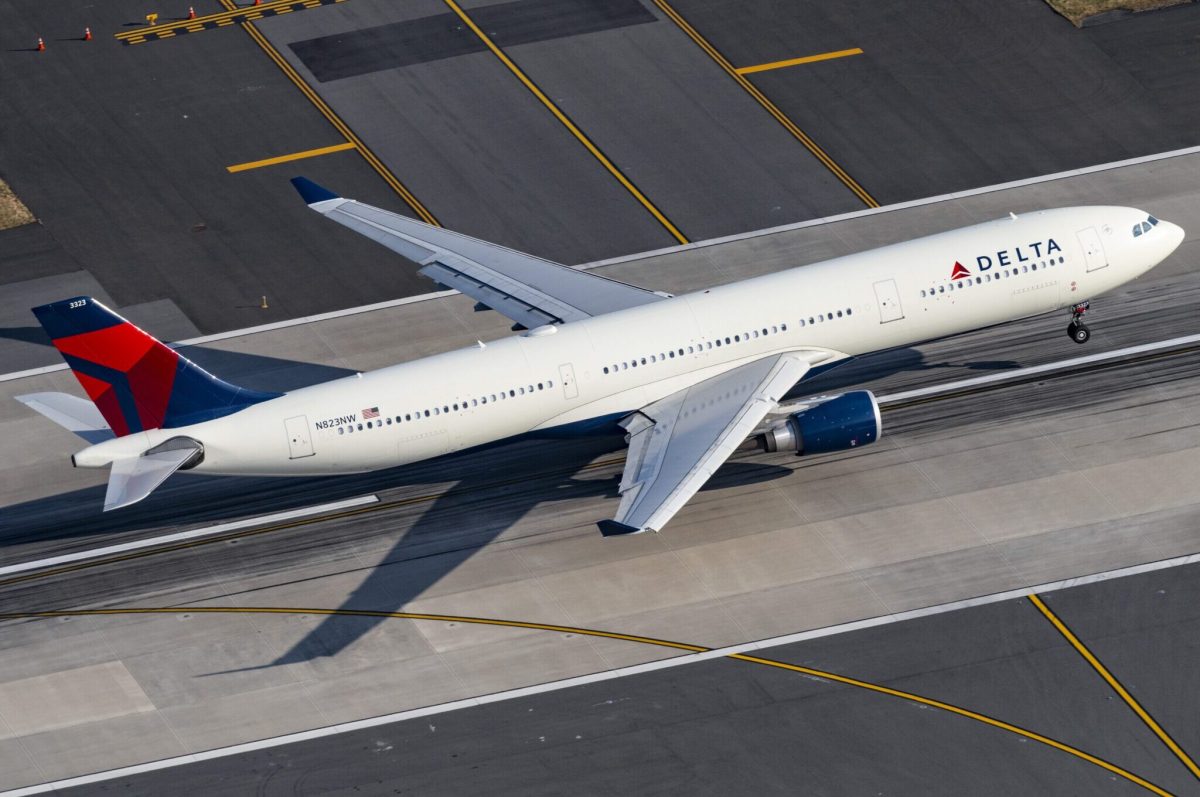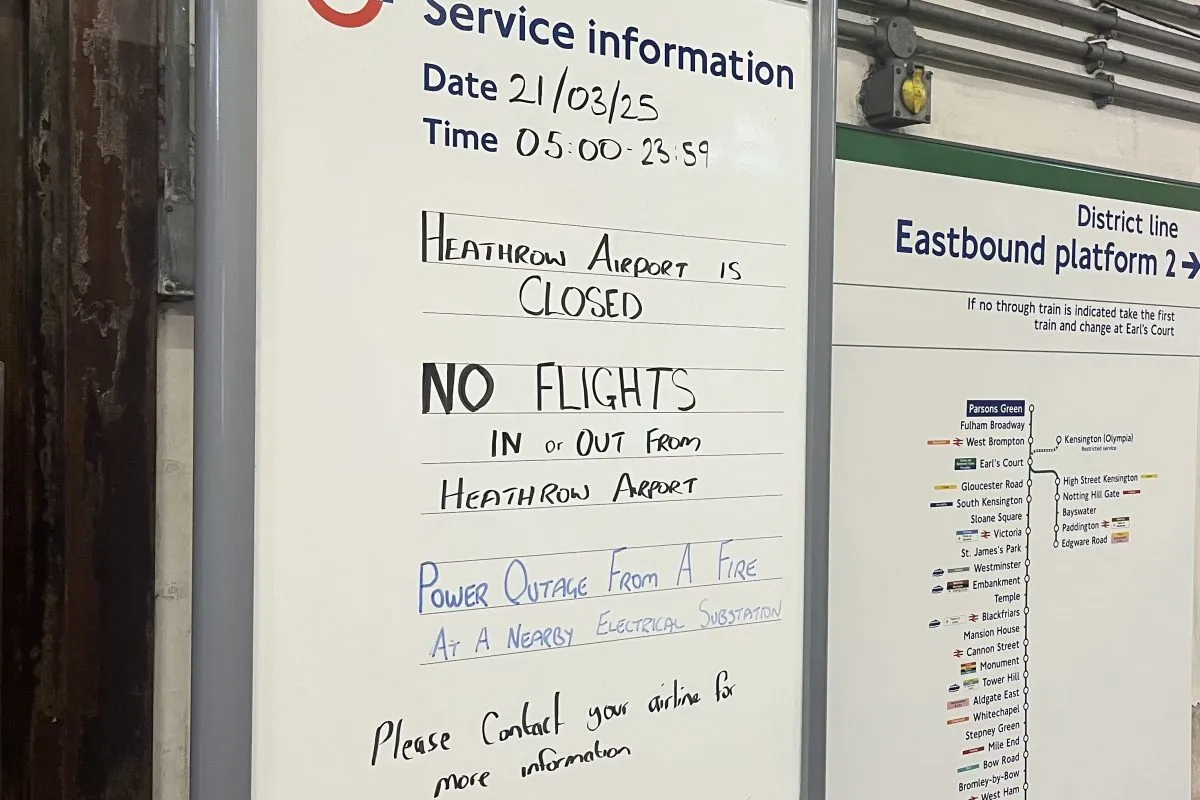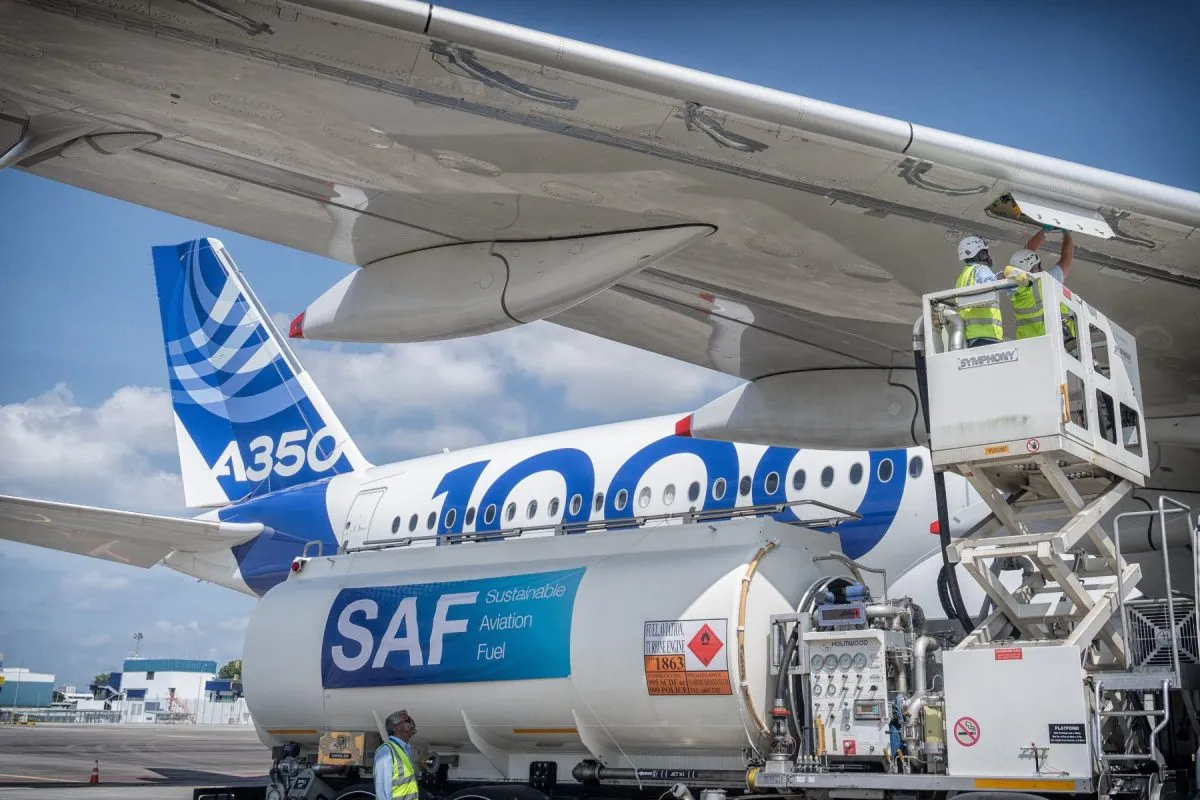Vacation Rentals Now Offering Fractional Ownership as Pure Investments

Skift Take
A Miami-based startup aspires to make investing in vacation rentals almost as straightforward as buying individual stocks of public companies.
New company Here filed with U.S. regulators this month to soon offer an investment product that lets investors buy "ownership shares" in vacation rentals — though not rights to stay in the properties — for as little as $1.
"Investing in vacation rentals is pretty much reserved for the wealthy or for professional property managers," said founder and CEO Corey Ashton Walters. "We want to remove the barriers."
Fractional ownership isn't to be confused with the longstanding concept of timeshare, or vacation ownership. The startup's model doesn't give investors rights to stay at a vacation rental. Fractional ownership is purely an investment vehicle that aims to generate annual returns. When you purchase a timeshare, you typically own the right to use the property for a period of time, not the property itself.
In contrast, startup Pacaso, founded by former Hotwire co-founder Spencer Rascoff, lets people become shared owners and occasional visitors of luxury homes. Yet a share price for a Pacaso home can start in the hundreds of thousands of dollars, while Here plans to have a lower bar to join.
Similarly, the startup Here plans to enable investors to buy shares in properties with a holding time of at least five-to-seven years. Each share comes with rights to a proportional cut of the annual "net profit" on the monthly booking revenue produced by the rental.
The shares also promise an investor a proportional percentage of any property appreciation.
Investors will owe taxes on their share of the investment, similar to shares in an estate's or trust's income.
Here has filed to have its shares classified by the U.S. Securities and Exchange Commission under Regulation A (or Reg A), which allows a fast-track initial public offering process for small companies. That's how the shares are generated. Here plans to file amendments serially each time it adds new properties.
The company said it has 20,000 potential property investors on its waitlist. Earlier this month, it said it raised venture capital to operate. Backers included Liquid 2 Ventures, Mucker Capital, Bragiel Brothers, Alumni Ventures, and Gaingels.
Company staff includes Keith Breon, who helped his brothers Eric and Scott at Vacasa for many years, and Caleb Olthoff, who used to be vice president of technology at the fast-growing vacation rental service Evolve.
The first property will be in Florida, Walters said.
What if things all go wrong?
"In the worst-case scenario, the asset would be liquidated, and you'd be returned capital relative to your ownership stake," Walters said.
More mundane hiccups may lie ahead for Here, however, if Pacaso's story is any guide. Pacaso, a leisure travel product that offers stays in upscale homes for shared owners, has ignited protests by homeowners in residential neighborhoods worried about party house problems, the Wall Street Journal reported.
CLARIFICATION: A Pacaso company spokesperson has responded to this article to make clear it's not timeshare: With Pacaso, you own a true real estate asset, not a block of time, and your share of any equity realized is yours. Pacaso is also more flexible than alternatives, they said. It lets you can use your home year-round; the resale process is streamlined; and Pacaso limits the number of shares per home to four in Hawaii.
Here is Here's filing with U.S. regulators:





